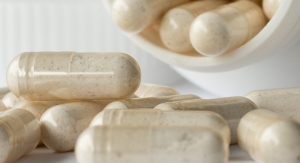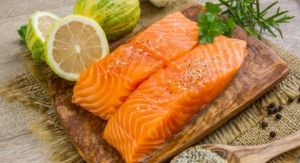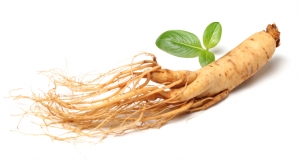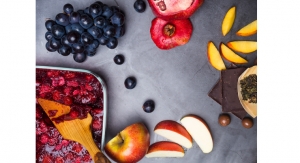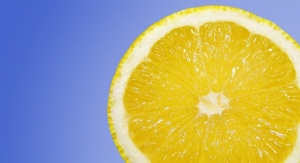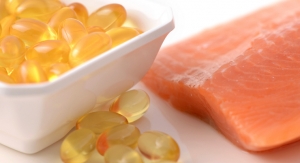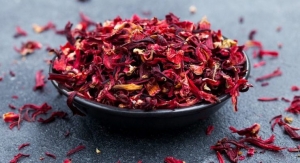08.11.15
New research presented at the American Association of Diabetes Educators Annual Meeting suggested that California Raisins—an all-natural, dried-by-the-sun, no-sugar added fruit can positively affect glucose levels and systolic blood pressure among people with Type 2 diabetes mellitus (T2DM).
"Raisins are excellent food choices for most individuals, including those with Type 2 diabetes mellitus (T2DM)," said James W. Anderson, MD, Professor of Medicine and Clinical Nutrition, Emeritus, University of Kentucky.
In 2014, the Centers for Disease Control reported that 29.1 million Americans have diabetes. That accounts for 9.3% of the U.S. population, and nearly 30% of these are undiagnosed cases. Additionally, another 86 million Americans are thought to have pre-diabetes. Given the magnitude of the diabetes problem, and knowing that the nutritional quality of foods is one factor that influences glucose levels and cardiovascular disease risk among patients with T2DM, a first-of-its kind study was conducted with California Raisins and patients with T2DM.
This 12-week study among 51 individuals with T2DM found that regular consumption of raisins—as compared to a variety of snack crackers—positively impacted both glucose levels and systolic blood pressure. The research, published in The Physician and Sportsmedicine journal, revealed study participants who consumed 1 ounce of raisins three times a day for the duration of the study, as compared to a group that ate a comparable amount of snack crackers, were shown to have:
23% reduction in postprandial (post-meal) glucose levels
19% reduction in fasting glucose
A significant reduction (8.7 mmHg) in systolic blood pressure
These recent findings build on previous research announced at the American College of Cardiology's Annual Scientific Session in 2012. In the early study, 46 men and women with pre-hypertension were randomly assigned to snack on raisins or pre-packaged commercial snacks that did not contain raisins or other fruits or vegetables, three times a day for 12 weeks. The results indicated that eating raisins three times per day:
May significantly lower blood pressure among individuals with pre-hypertension when compared to other popular snacks.
May significantly lower postprandial (post-meal) glucose levels when compared to other popular snacks of equal caloric value.
Both studies were conducted at the Louisville Metabolic and Atherosclerotic Research Center (L-MARC) by Harold Bays, MD, medical director and president of L-MARC.
"Raisins are excellent food choices for most individuals, including those with Type 2 diabetes mellitus (T2DM)," said James W. Anderson, MD, Professor of Medicine and Clinical Nutrition, Emeritus, University of Kentucky.
In 2014, the Centers for Disease Control reported that 29.1 million Americans have diabetes. That accounts for 9.3% of the U.S. population, and nearly 30% of these are undiagnosed cases. Additionally, another 86 million Americans are thought to have pre-diabetes. Given the magnitude of the diabetes problem, and knowing that the nutritional quality of foods is one factor that influences glucose levels and cardiovascular disease risk among patients with T2DM, a first-of-its kind study was conducted with California Raisins and patients with T2DM.
This 12-week study among 51 individuals with T2DM found that regular consumption of raisins—as compared to a variety of snack crackers—positively impacted both glucose levels and systolic blood pressure. The research, published in The Physician and Sportsmedicine journal, revealed study participants who consumed 1 ounce of raisins three times a day for the duration of the study, as compared to a group that ate a comparable amount of snack crackers, were shown to have:
23% reduction in postprandial (post-meal) glucose levels
19% reduction in fasting glucose
A significant reduction (8.7 mmHg) in systolic blood pressure
These recent findings build on previous research announced at the American College of Cardiology's Annual Scientific Session in 2012. In the early study, 46 men and women with pre-hypertension were randomly assigned to snack on raisins or pre-packaged commercial snacks that did not contain raisins or other fruits or vegetables, three times a day for 12 weeks. The results indicated that eating raisins three times per day:
May significantly lower blood pressure among individuals with pre-hypertension when compared to other popular snacks.
May significantly lower postprandial (post-meal) glucose levels when compared to other popular snacks of equal caloric value.
Both studies were conducted at the Louisville Metabolic and Atherosclerotic Research Center (L-MARC) by Harold Bays, MD, medical director and president of L-MARC.


